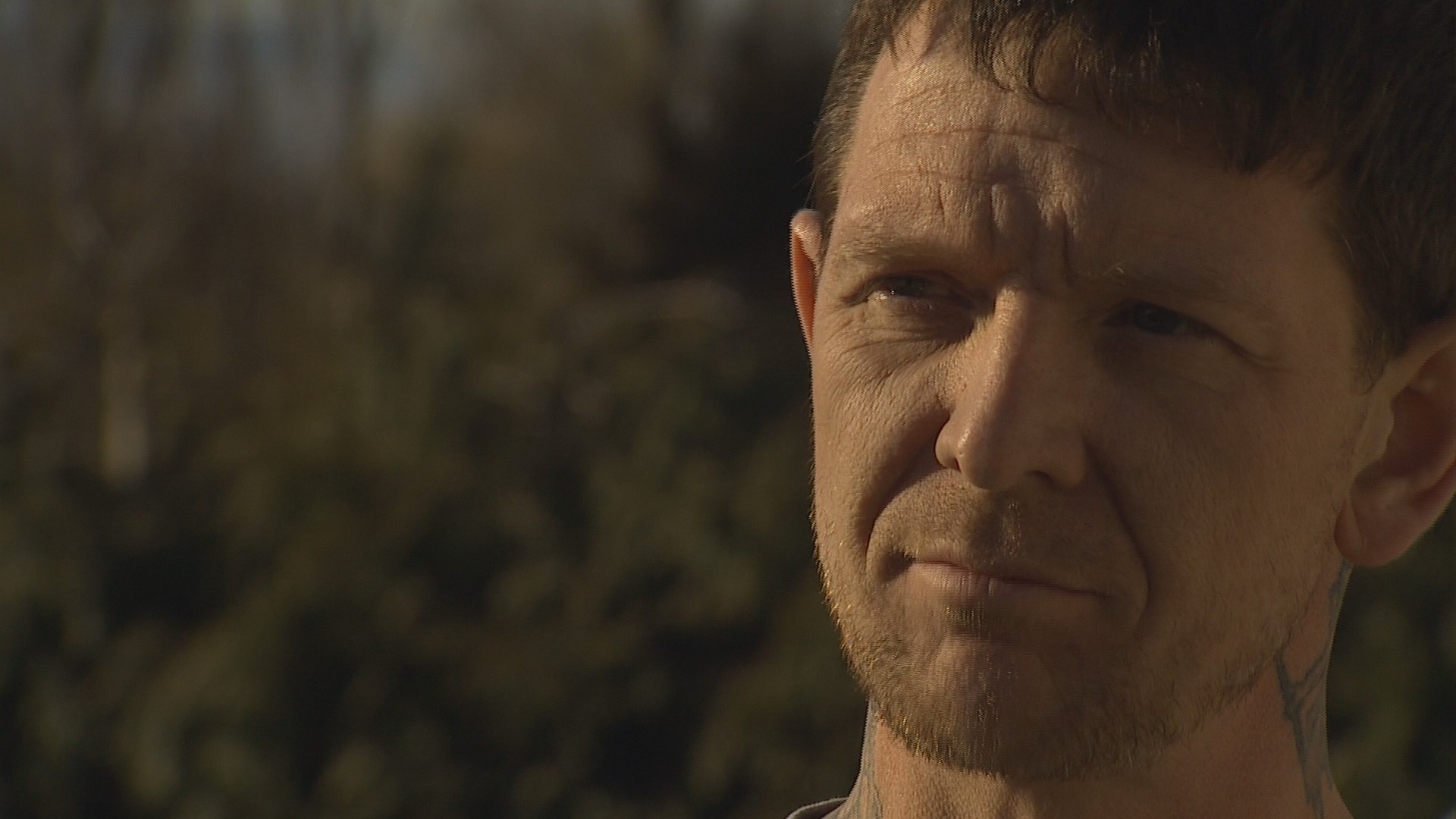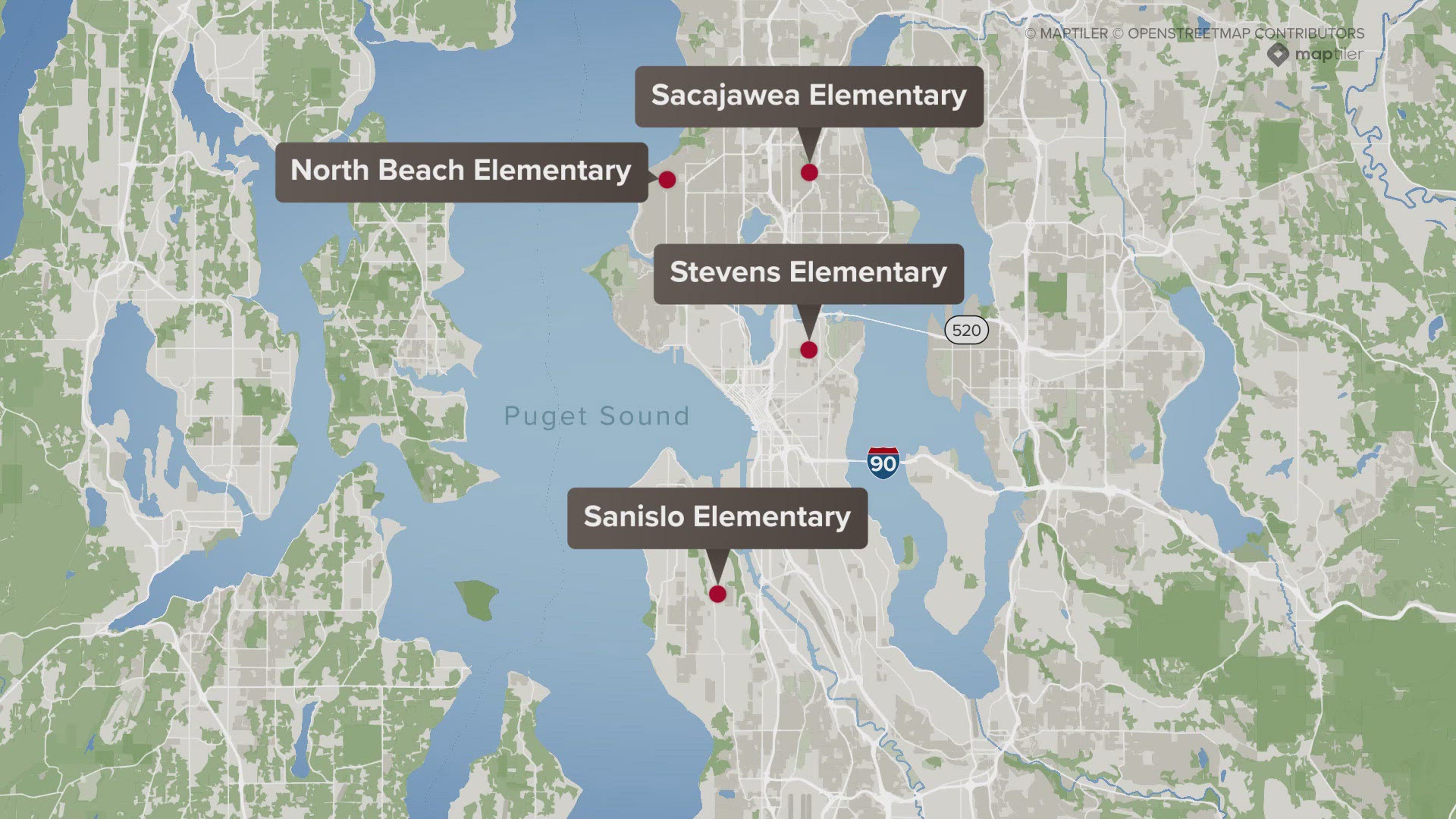Sex education is required in schools, but it can be a highly-debated topic. That's why one school district is revaluating how and when certain subjects are discussed.
Sexual orientation and gender identity are part of a health education curriculum called FLASH that is developed by Seattle and King County Public Health. State law requires that kids start learning about sex education in the 5th grade.
Jason Peterson, whose 6th-grade daughter is in the Sequim School District, said she was confused by what she learned in a school sex education course. Peterson said he’s not opposed to sex education but says this discussion may have been too early for his daughter.
“Gender is being defined by some people as a different thing than sex, and I understand that, but developing minds of adolescents have a very hard time grasping all of that information," Peterson said.
He says his daughter left the class feeling as if she was being encouraged to question her identity.
"[My daughter] was very confused by it. She likes playing basketball she likes going fishing with dad she likes skateboarding, and she likes being a girl, and I told her those weren’t boy things. They were people things that people liked to do those things," Peterson said.
After hearing from Peterson, Superintendent Gary Neal pumped the brakes on the sex education curriculum until the district and parents could review it more closely.
“Part of the handicap for smaller districts is we really don’t have the resources to go out and develop our own curriculum, so we rely on others. We need to go back and see what was presented and how it was presented and make sure it fits into the needs of our community," Neal said.
The curriculum is not a one-size-fits-all. On the King County website, it encourages districts to “adapt FLASH to meet the needs of your student body.” The goals of the curriculum are designed to be inclusive of people of various gender identities and give schools the opportunity to tailor it to their classroom.
Peterson and other parents are working on an advisory committee with the school to review the sex education curriculum.


